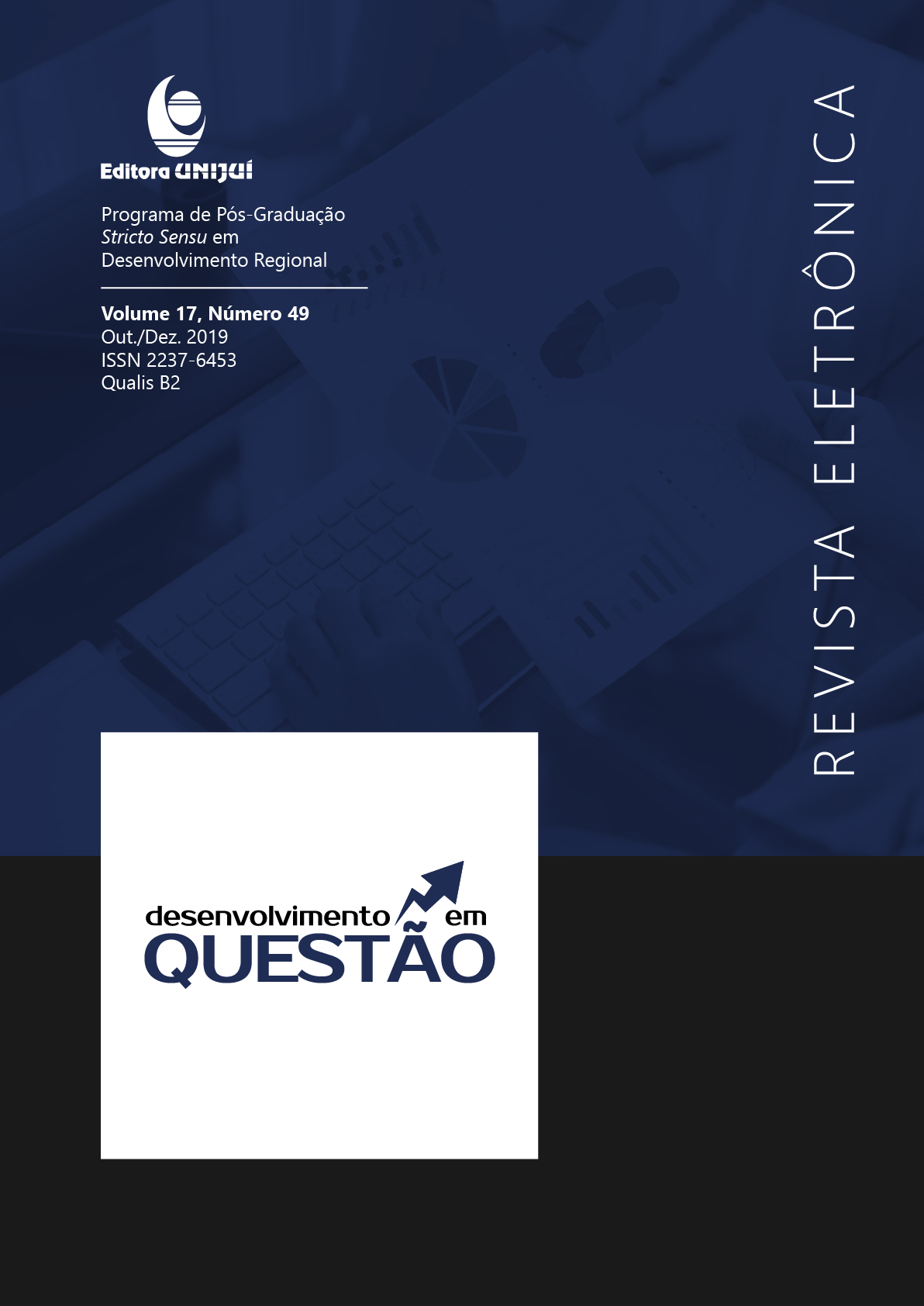Circular Economy: multicase study about recycling plants in waste management of civil construction solid wastes
DOI:
https://doi.org/10.21527/2237-6453.2019.49.136-157Keywords:
Construction Waste Recycling Plants; Construction and Demolition Wastes; Sustainability.Abstract
With the purpose of recycling construction and demolition wastes (CDW), CDW Recycling Plants (CDWRP) reduce the impact of the sector on the environment. This paper presents a discussion about the role of CDWRP in the promotion of the Circular Economy in the management of construction waste. A multicase study was used in seven CDWRPs located in the region of São Paulo, as well as interviews with CDWRPs managers, the President of the Brazilian Association for the Recycling of Civil Construction and Demolition Waste, as well as engineers with experience in civil works It is concluded that CDWRPs have potential in the promotion of the Circular Economy, however, they present limitations; the lack of quality programs for recycled aggregates, the use of inefficient screening methods, low labor qualification, lack of clarification to the market, and lack of laws that encourage the use of waste in construction.
Downloads
Published
How to Cite
Issue
Section
License
By publishing in Revista Desenvolvimento em Questão, authors agree to the following terms:
All works are published under the Creative Commons Attribution 4.0 International License (CC BY 4.0), which allows:
Sharing — to copy and redistribute the material in any medium or format;
Adaptation — to remix, transform, and build upon the material for any purpose, even commercially.
These permissions are irrevocable, provided that the following terms are respected:
Attribution — authors must be properly credited, a link to the license must be provided, and any changes made must be indicated.
No additional restrictions — no legal or technological measures may be applied that legally restrict others from doing anything the license permits.
Notices:
The license does not apply to elements that are in the public domain or covered by legal exceptions.
The license does not grant all necessary rights for specific uses (e.g., image rights, privacy, or moral rights).
The journal is not responsible for the opinions expressed in the articles, which are the sole responsibility of the authors. The Editor, with the support of the Editorial Board, reserves the right to suggest or request modifications when necessary.
Only original scientific articles presenting research results of interest that have not been previously published or simultaneously submitted to another journal with the same purpose will be accepted.
Mentions of trademarks or specific products are intended solely for identification purposes and do not imply any promotional relationship by the authors or the journal.
License Agreement (for articles published from 2025 onward): Authors retain the copyright to their article and grant Revista Desenvolvimento em Questão the right of first publication.











